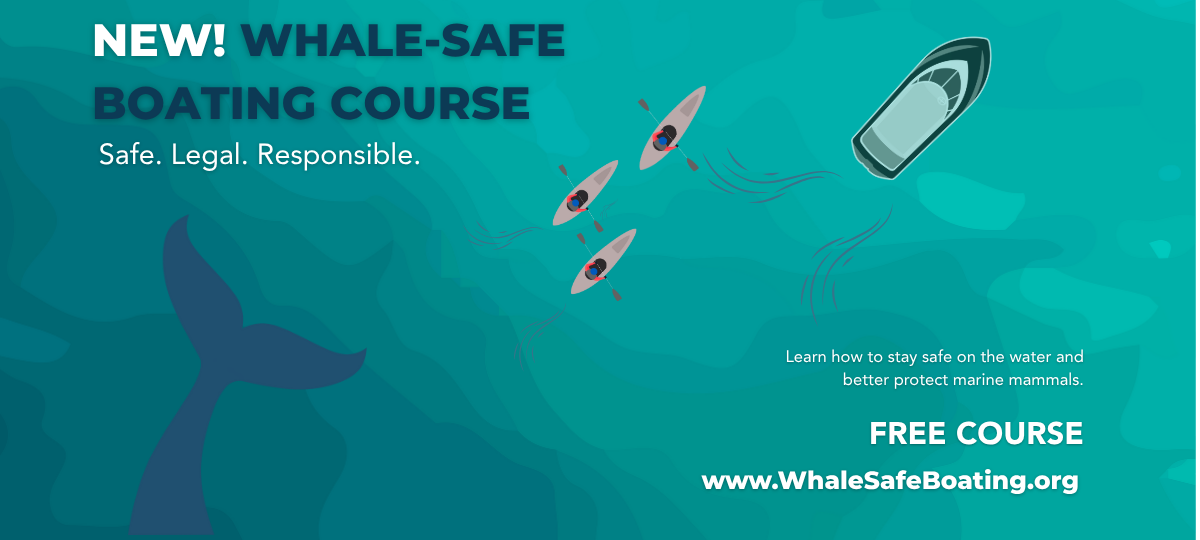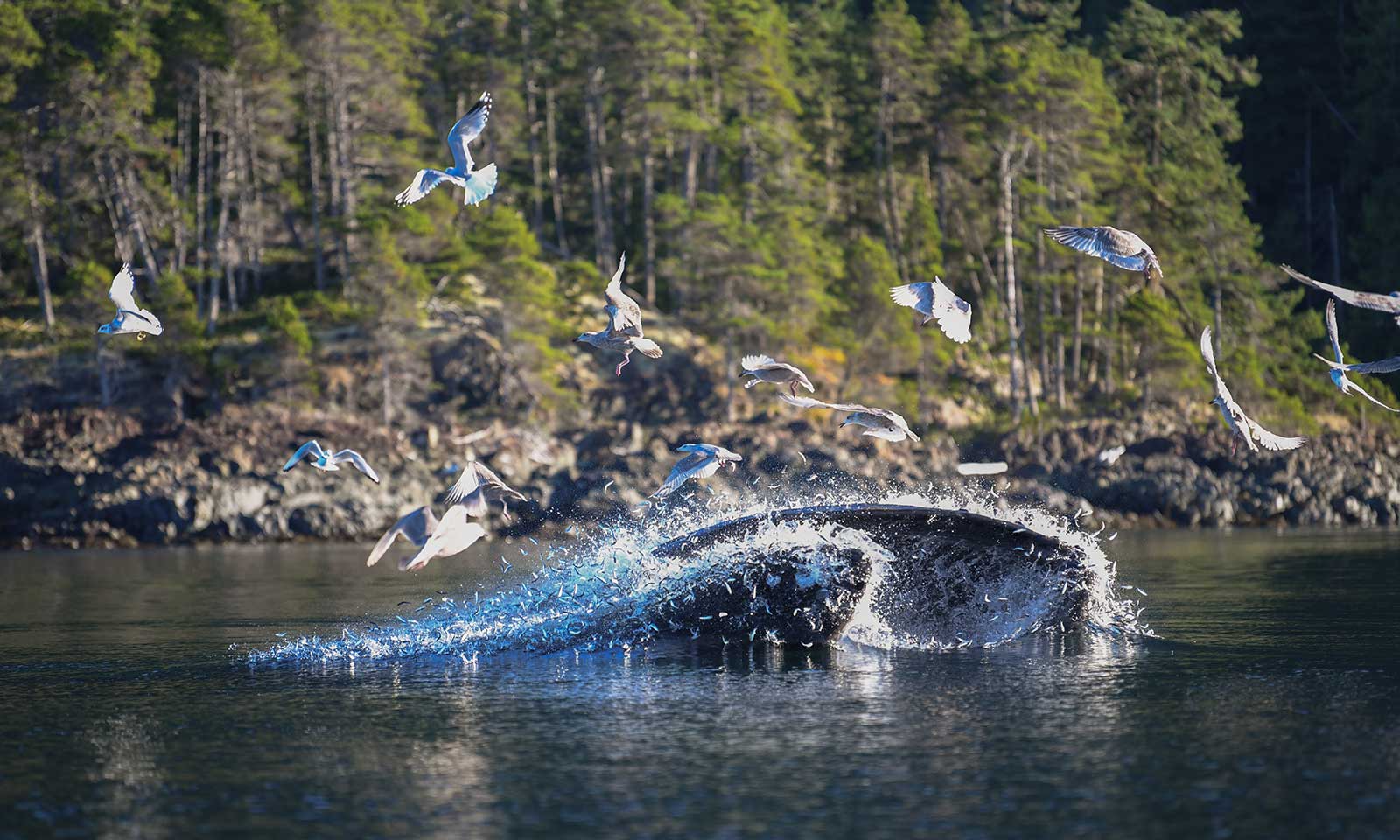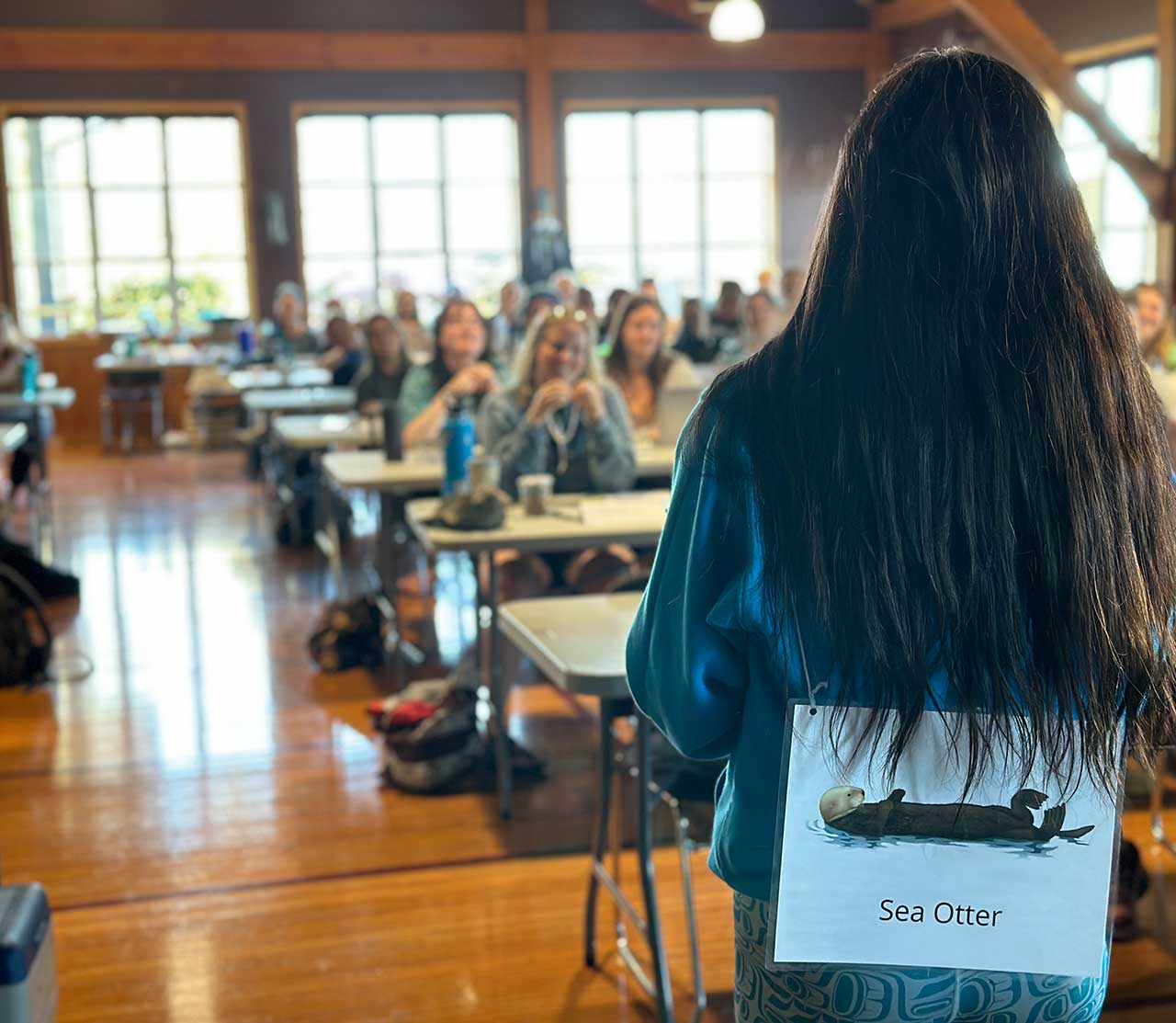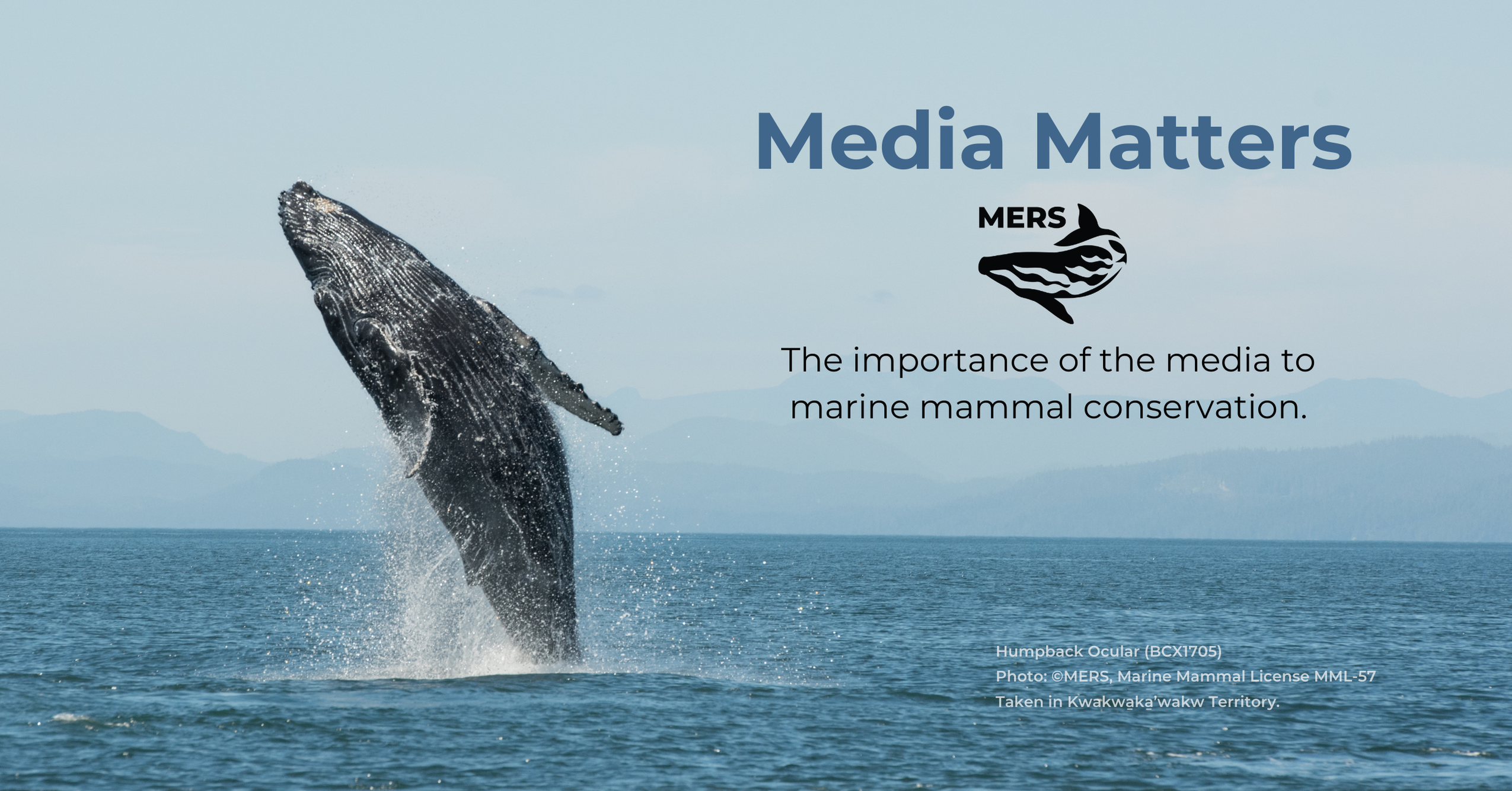
July 10, 2025
New Whale-Safe Boating Course Launched
On July 2, the Marine Education and Research Society (MERS) launched the Whale-Safe Boating course. This free, online, comprehensive resource fulfills…
MERS Marine Education & Research Society

Jigger (BCX1188) lunge-feeding ©MERS, MML-57
For the whales and the ocean they depend on
Our work revolves around three key pillars: research, education, and response. With a research focus on whales, we are driven to understand and reduce anthropogenic impacts on marine species. Our research directly influences our educational efforts to motivate behavioural change to reduce threats and inspire stewardship. We are primary responders for dead, distressed, and injured marine mammals (as tasked by DFO) and assist with training of response volunteers. Our research and education efforts inform communications around marine mammal rescue and response.
Research, Education and Response are equally important to us at the Marine Education and Research Society. Each informs the other, ensuring a holistic and integrated approach to marine conservation.
Our work to increase knowledge of the importance of BC’s marine environment and reduce threats to marine species includes: development of educational resources, media engagement, and presentations/courses to First Nations, boating groups, marine naturalists, fisheries officers, and other government officials.
Our research is aimed at reducing threats to marine species by informing policy and management decisions, and empowering us as educators. Our research efforts allow us to speak firsthand about issues related to whale survival. The majority of our current research is on Humpback Whales. Additional projects are directed at learning about poorly understood species such as Minke Whales and Mola spp.
We reduce threats to marine wildlife not only through rescue operations (as tasked by DFO), but also by studying how often and where incidents occur and tracking the survival of Humpback Whales involved. We train and support a local network to ensure reporting of incidents happens quickly, and that there are volunteers able to assist when needed.
We expand our reach through building community. Join us! There are many ways you can get involved. Participate in events. Help educate. Become a donor. Contribute data. Use the Whale Warning Flag and model best boating practices around the whales. Sponsor a Humpback Whale. Purchase sustainable goods from the Ocean Store.
Join us to help the whales, and the ocean they depend on.

“Who Am I” activity at MERS Course ©MERS

July 10, 2025
On July 2, the Marine Education and Research Society (MERS) launched the Whale-Safe Boating course. This free, online, comprehensive resource fulfills…

May 1, 2025
Here are the results of the inaugural “How Wild!” contest. We partnered with the Canadian Conservation Photographers Collective in this contest…

March 31, 2025
The media plays a powerful role in marine mammal conservation. The imagery and text used can significantly influence: Recognizing the great…